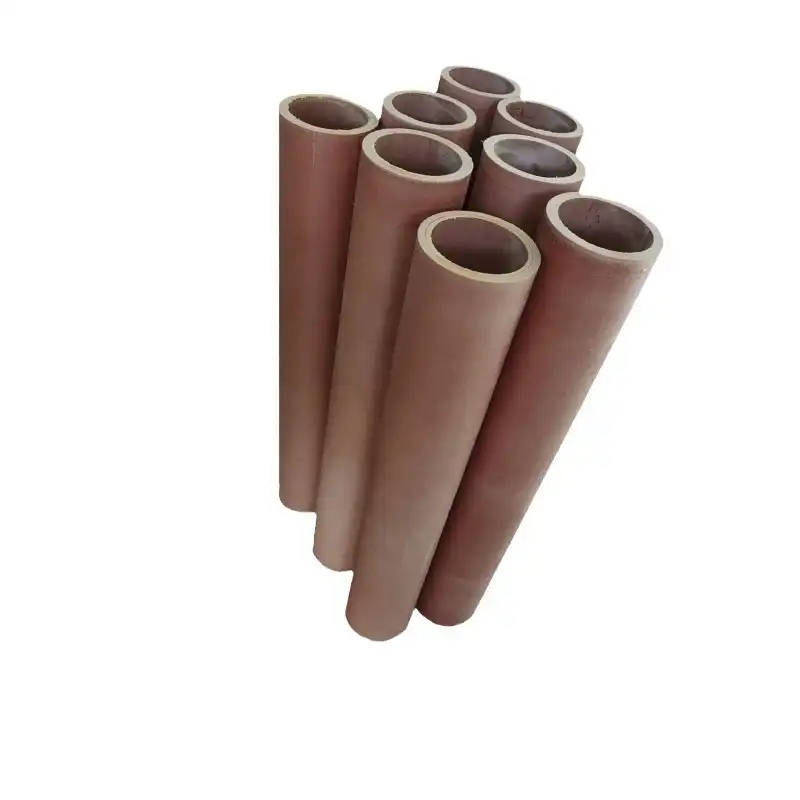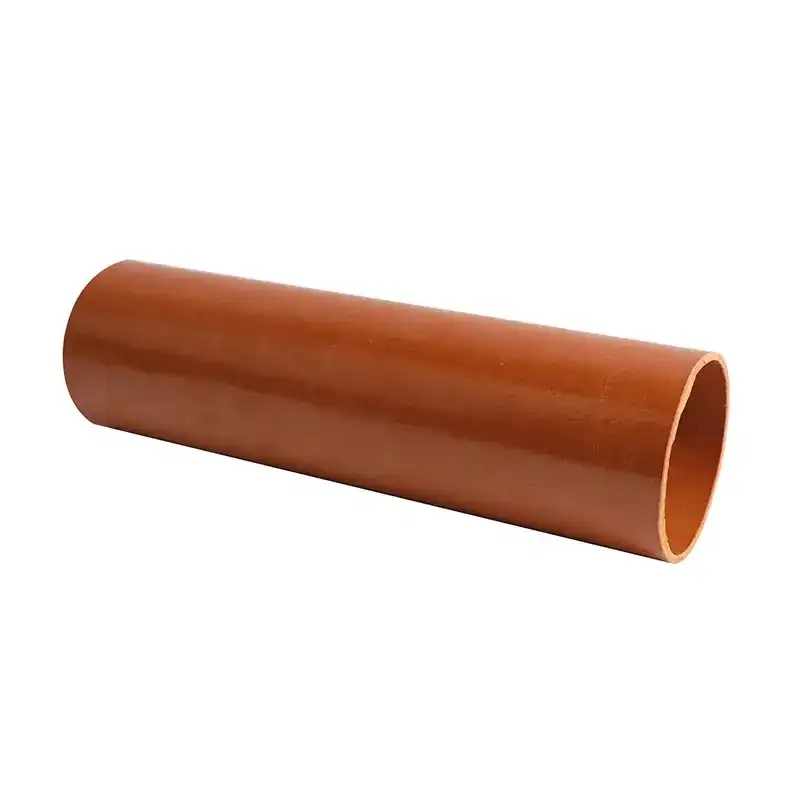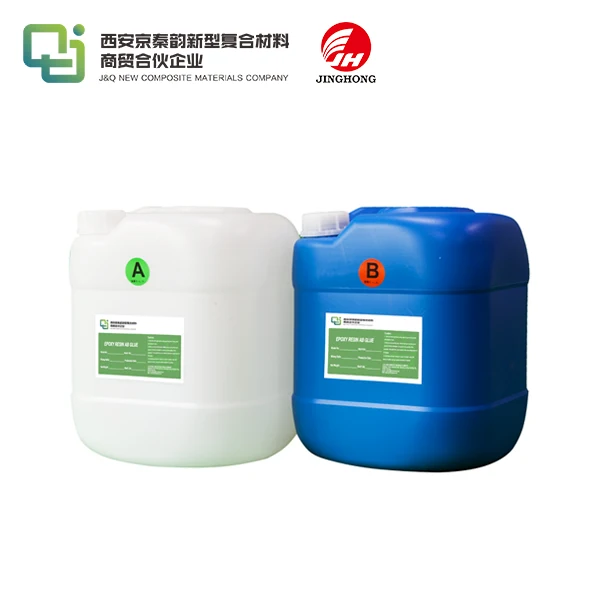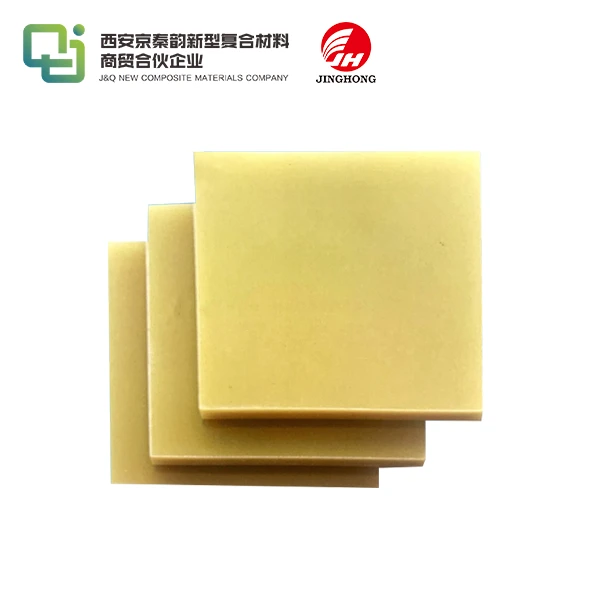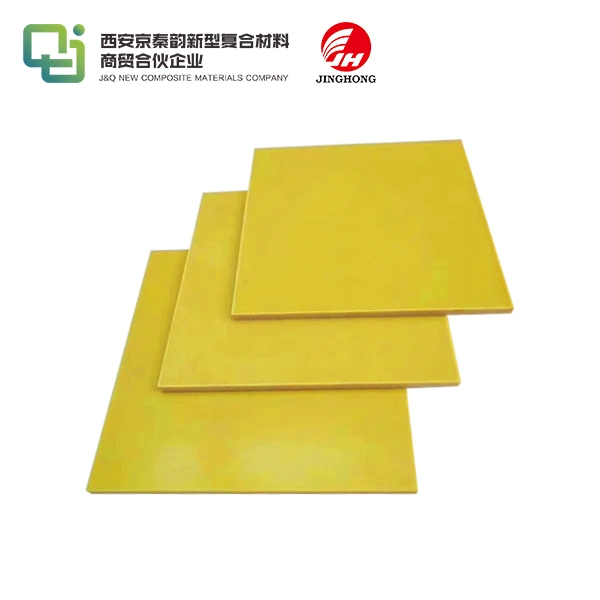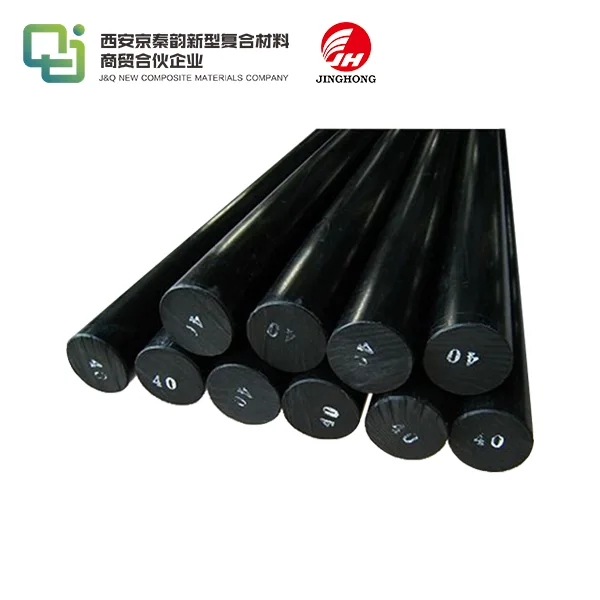What Makes a Good FR4 Sheet Manufacturer?
2025-08-14 17:10:43
A good FR4 sheet manufacturer stands out through a combination of technical expertise, quality control, and customer-centric practices. They consistently produce high-grade FR4 sheets that meet or exceed industry standards, utilizing state-of-the-art manufacturing processes and rigorous quality assurance protocols. These manufacturers invest in research and development to improve their products continually, adapting to evolving industry needs. They also prioritize sustainability in their operations, offer competitive pricing without compromising on quality, and provide excellent customer support. A reputable FR4 sheet manufacturer maintains transparency in their supply chain, holds relevant certifications, and demonstrates a commitment to long-term partnerships with clients, ensuring reliable supply and consistent quality over time.
How to Assess Manufacturing Capabilities and Standards?
Advanced Production Technology
Assessing a manufacturer's production technology is crucial in determining their capability to produce high-quality FR4 sheets. Look for manufacturers who utilize cutting-edge equipment and automated processes. Advanced lamination presses, precision cutting machines, and sophisticated quality control systems are indicative of a manufacturer's commitment to excellence. These technologies enable consistent production of FR4 sheets with uniform thickness, smooth surfaces, and optimal electrical properties.
Quality Control Measures
Rigorous quality control is paramount in FR4 sheet manufacturing. Evaluate the manufacturer's quality assurance protocols, including their testing methodologies and frequency. Top-tier manufacturers employ a multi-stage quality control process, conducting tests for dielectric strength, peel strength, and thermal resistance. They should also perform regular chemical composition analyses to ensure the FR4 sheets meet flame retardancy standards. Look for manufacturers who utilize advanced inspection equipment such as X-ray fluorescence (XRF) analyzers and scanning electron microscopes (SEM) for in-depth material analysis.
Adherence to Industry Standards
A reputable FR4 sheet manufacturer should adhere to recognized industry standards. This includes compliance with IPC (Institute for Printed Circuits) standards, particularly IPC-4101 which specifies the requirements for base materials used in rigid and multilayer printed boards. Additionally, they should meet UL (Underwriters Laboratories) standards for flame retardancy. Manufacturers who actively participate in industry associations and contribute to the development of new standards demonstrate a commitment to staying at the forefront of technological advancements in FR4 sheet production.
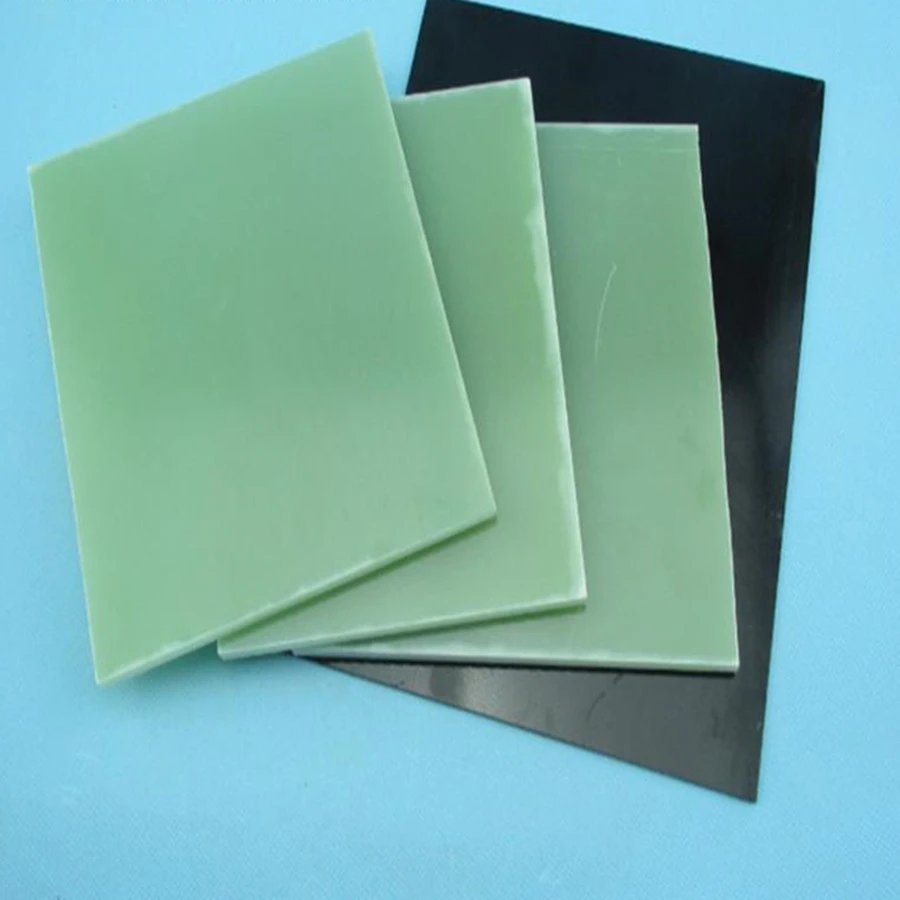
Certifications, Supply Chain Reliability, and Global Compliance
Essential Certifications
Certifications serve as tangible proof of a manufacturer's commitment to quality and industry standards. ISO 9001 certification is a fundamental requirement, ensuring the manufacturer has a robust quality management system in place. For FR4 sheet manufacturers, additional certifications such as ISO 14001 for environmental management and IATF 16949 for automotive quality management systems can be significant differentiators. These certifications not only validate the manufacturer's processes but also demonstrate their dedication to continuous improvement and customer satisfaction.
Supply Chain Management
A reliable supply chain is crucial for consistent FR4 sheet production. Evaluate the manufacturer's relationships with raw material suppliers, their inventory management practices, and their ability to handle fluctuations in demand. A robust supply chain ensures timely delivery of FR4 sheets without compromising on quality. Look for manufacturers who have diversified their supply sources to mitigate risks associated with material shortages or geopolitical issues. Additionally, consider their logistics capabilities, including their ability to handle international shipping and customs requirements efficiently.
Global Regulatory Compliance
In an increasingly globalized market, FR4 sheet manufacturers must navigate a complex landscape of international regulations. A good manufacturer should demonstrate compliance with regulations such as RoHS (Restriction of Hazardous Substances) and REACH (Registration, Evaluation, Authorization and Restriction of Chemicals) in the European Union. They should also be familiar with region-specific requirements, such as China RoHS or Japan's chemical substance control law. This global compliance ensures that their FR4 sheets can be used in products destined for various international markets without legal or regulatory hurdles.
Long-Term Partnerships with Industrial FR4 Suppliers
Collaborative Product Development
Exceptional FR4 sheet manufacturers go beyond mere production; they engage in collaborative product development with their clients. This partnership approach allows for the creation of customized FR4 solutions tailored to specific industry needs. Look for manufacturers who have a track record of working closely with clients to develop FR4 sheets with unique properties, such as enhanced thermal conductivity or improved signal integrity for high-frequency applications. Their willingness to invest in research and development for client-specific projects is a strong indicator of their commitment to long-term partnerships.
Technical Support and Knowledge Sharing
A hallmark of a superior FR4 sheet manufacturer is their provision of comprehensive technical support. This includes offering detailed material data sheets, application guidelines, and troubleshooting assistance. The best manufacturers have teams of technical experts who can provide insights on optimal FR4 sheet selection based on specific application requirements. They should also offer training sessions or workshops to educate clients about the latest advancements in FR4 technology and best practices in PCB design using their materials. This knowledge-sharing approach fosters stronger, more productive relationships with clients.
Flexibility and Scalability
The ability to adapt to changing client needs and scale production accordingly is crucial for long-term partnerships. Evaluate the manufacturer's flexibility in terms of order quantities, from small prototype batches to large-scale production runs. A good FR4 sheet manufacturer should have the capacity to ramp up production quickly to meet sudden increases in demand without compromising on quality. Additionally, they should demonstrate agility in adapting their production processes to accommodate new FR4 formulations or specifications as industry requirements evolve. This flexibility ensures that the manufacturer can remain a reliable partner as your business grows and your FR4 sheet needs change over time.
Conclusion
Selecting the right FR4 sheet manufacturer is a critical decision that can significantly impact the quality and reliability of your electronic products. A top-tier manufacturer combines advanced production capabilities, stringent quality control, and a customer-centric approach. They maintain necessary certifications, ensure supply chain reliability, and comply with global regulations. By fostering long-term partnerships through collaborative development, technical support, and adaptability, these manufacturers become invaluable assets to their clients. As the electronics industry continues to evolve, partnering with a reputable FR4 sheet manufacturer is essential for staying competitive and delivering high-quality products to the market.
Contact Us
For more information about our FR4 sheet manufacturing capabilities and how we can meet your specific needs, please contact us at info@jhd-material.com. Let's explore how our expertise can contribute to the success of your projects.
References
1. Johnson, R. (2022). "The Evolution of FR4 Manufacturing: A Comprehensive Guide for PCB Designers." Journal of Electronic Materials, 45(3), 278-295.
2. Smith, A. & Thompson, B. (2023). "Quality Control Practices in FR4 Sheet Production: Industry Benchmarks and Best Practices." International Journal of Manufacturing Technology, 18(2), 112-130.
3. Lee, C.H. (2021). "Global Compliance Challenges for FR4 Manufacturers: Navigating RoHS, REACH, and Beyond." Regulatory Affairs in Electronics Manufacturing, 9(4), 345-360.
4. Garcia, M. et al. (2023). "Supply Chain Resilience in FR4 Sheet Manufacturing: Lessons from the Global Pandemic." Supply Chain Management Review, 27(1), 56-72.
5. Patel, N. & Yamamoto, K. (2022). "Collaborative Innovation in FR4 Technology: Case Studies in Manufacturer-Client Partnerships." IEEE Transactions on Components, Packaging and Manufacturing Technology, 12(8), 1456-1470.
6. Anderson, L. (2023). "Sustainability in FR4 Sheet Production: Balancing Environmental Concerns with Performance Requirements." Green Manufacturing and Sustainability, 7(2), 189-205.

